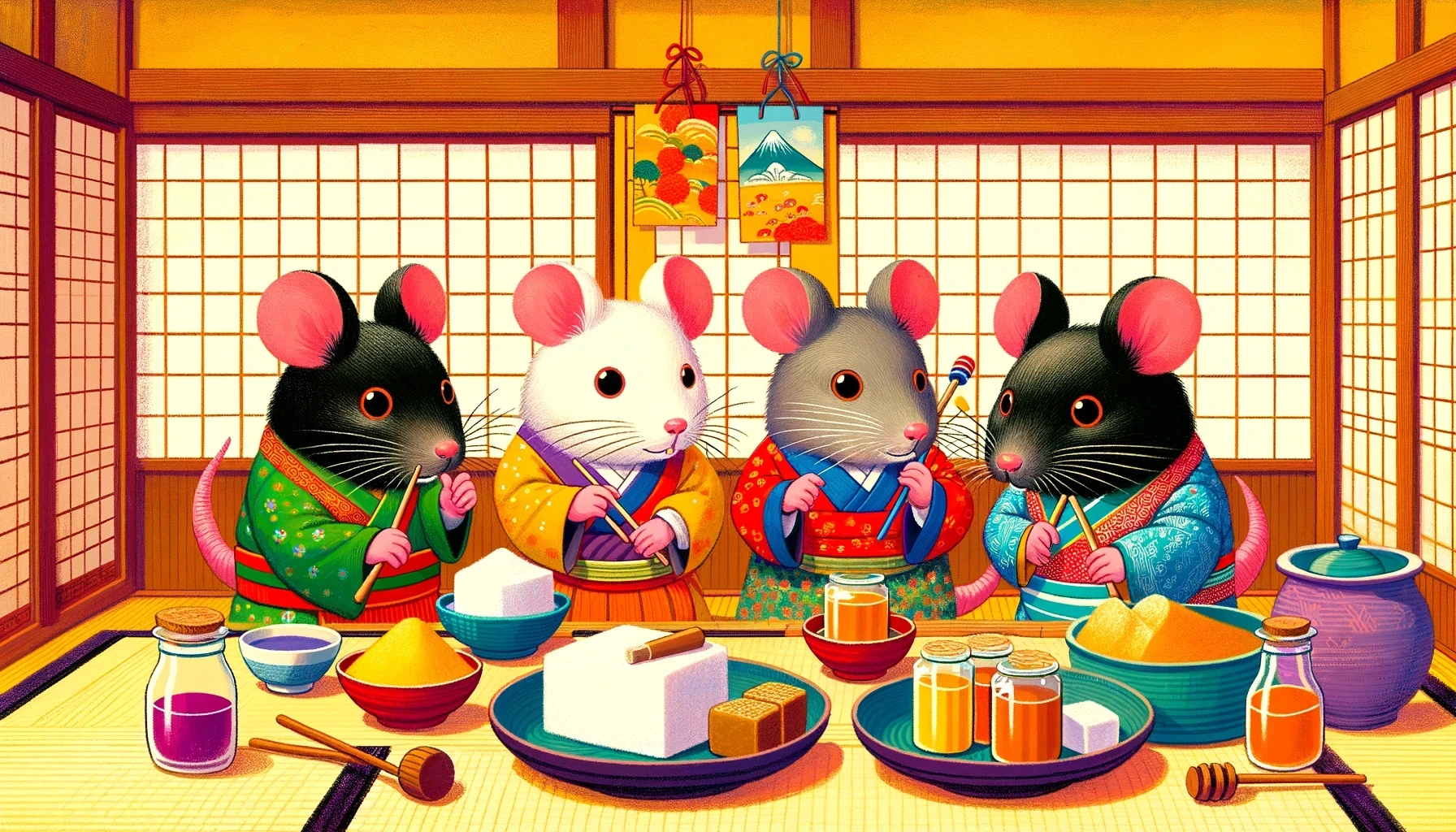ZENPTY.

Honey and Immunity: Can It Truly Boost Our Immune System?
Jun 24, 2024
In our previous discussions, we explored whether sugar promotes good health and the relationship between honey and weight loss. Despite the book's sweet endorsement to consume more sugar and honey for weight loss, I remained unconvinced. The research showed that the beneficial results were insignificant and often influenced by the food and drug industries. It seems the book is more about the effect of money than honey. But we haven’t yet delved into the book’s main premise: honey helps you fight infections and inflammations. Let’s begin our exploration here!
First, some good news. On page 108, Dr. Sakitani wrote, “As a result, in the groups given honey and sucrose, the phagocytosis of white blood cells (neutrophils) and the number of lymphocytes significantly increased compared to the group given no carbohydrates.” This means honey seems to have a beneficial effect on our immune activity. In a study called “The Effects of Honey Compared With Sucrose and a Sugar-free Diet on Neutrophil Phagocytosis and Lymphocyte Numbers after Long-term Feeding in Rats,” researchers fed three types of food to rats for a whole year. Some rats got food with no sugar, some with regular sugar (sucrose), and some with honey. They examined how well neutrophils could consume bacteria or other harmful entities (phagocytosis) and the proportion of lymphocytes in the blood. The rats that ate honey and regular sugar had similar levels of neutrophil phagocytosis, indicating their white blood cells were equally effective at fighting off pathogens. However, the rats on a sugar-free diet had lower levels of neutrophil phagocytosis, meaning their white blood cells were less effective. Additionally, the honey-fed rats had more lymphocytes compared to those on regular sugar or no sugar.
This is great news! Although the COVID pandemic is behind us, our fight against all types of infections is ongoing. It’s always beneficial to keep our immune defenses strong against those pesky invaders. Can honey help on this front? The answer was on the next page, 109: “Human clinical trials have also shown that honey increases the phagocytosis of white blood cells.” This study gave honey to groups of malnourished patients and compared their immune function to healthy people. After two weeks of treatment, the honey group showed more improvement in immune function compared to the placebo group. However, both groups still had lower immune function compared to the healthy people. In other words, honey appears to be insufficient to completely bulletproof our immune system. The sample size was small (50 people), and the study lasted only two weeks, so I’d like to see more proof before considering honey an essential part of my health and wellness regimen.
The book cites more studies claiming honey’s positive effects:
Gelam Honey Has a Protective Effect against Lipopolysaccharide (LPS)-Induced Organ Failure
Effect of Honey on Bacterial Translocation and Intestinal Morphology in Obstructive Jaundice
While these studies suggest potential benefits, most were conducted on non-human subjects. Results in rats, rabbits, and petri dishes do not necessarily apply to humans. Sample sizes were small, ranging from 6 to 30, and the longest study lasted only two weeks. Compared to landmark studies on saturated fat, cholesterol, and heart disease, such as “Re-evaluation of the Traditional Diet-Heart Hypothesis: Analysis of Recovered Data from Minnesota Coronary Experiment (1968-73),” which included 9423 participants over five years, these honey studies seem too insignificant to consider effective.
As we wrap up this article, I’m beginning to doubt many of the claims made about honey’s anti-infectious benefits. For a moment, I thought the studies cited in this book had overlooked some of the most important research. So, I checked SummerGlow Apiaries’ research page to see if they could shed light on the issue.

Surely, they have a vested interest in showing the best research on honey. The first paper on their Research page is “Anti-influenza Viral Effects of Honey: Potent High Activity of Manuka Honey,” which showed that honey, particularly Manuka honey, has potent inhibitory activity against the influenza virus, demonstrating potential medicinal value. Perfect! But the research was just an “in vitro” study sponsored by Yamada Bee Farm, unfortunately.
So, does honey have anything special other than its sweetness? Should we even be consuming it? In the final article of our series on honey, we’ll explore how it could affect our hormones, athletic performance, and our lives in general.
Source: Unless otherwise noted, all data in this article comes from "The Forefront of Natural Honey Therapy: Prescription for the Post-Total Vaccination Era" by Hiroyuki Sakitani, M.D., and Yoko Arima. All translations from the book are done using Google Translate.
A Carnivore Journey: How Letting Go of Carbs Opened New Doors
Nutritional Myths and Nuclear Risks: The Parallel Stories of Regulatory Capture
Silencing Dissent: How Ancel Keys' Hypothesis Dominated Nutrition Science
Ancel Keys and the Diet-Heart Hypothesis: A Deep Dive into Flawed Science
Unmasking the Villain: Ancel Keys and the War on Saturated Fat
From Eisenhower to Endo: The Evolution of Heart Health Myths






